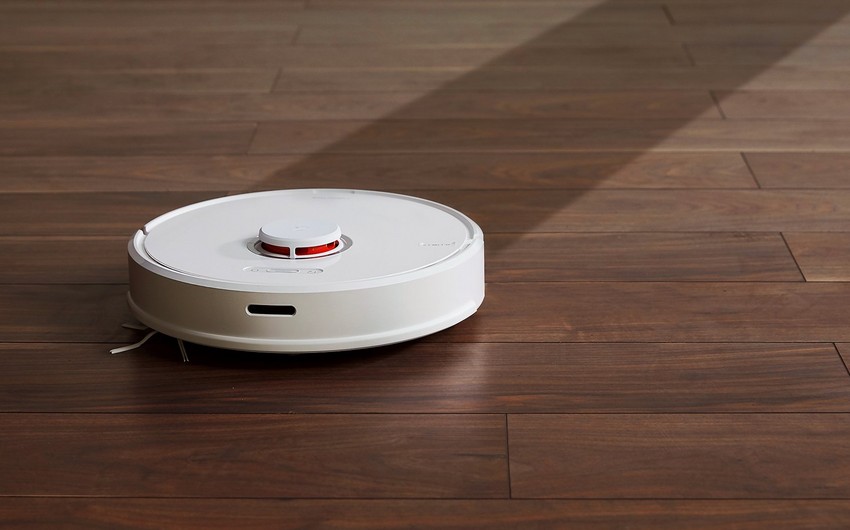Computer scientists from the National University of Singapore (NUS) have demonstrated how a standard robot vacuum cleaner and its built-in light detection and ranging (Lidar) sensor could be used to "spy" on private conversations. They talked about research at the Sensys20 conference, Report says.
The method, called LidarPhone, repurposes the Lidar sensor that a robot vacuum cleaner typically uses for navigating around a home into a laser-based microphone to eavesdrop on private conversations.
The research team, led by Assistant Professor Jun Han and his doctoral student Sriram Sami, managed to recover speech data with "high accuracy," said NUS.
In their experiments, the researchers used a standard robot vacuum cleaner with two sound sources - the voice of a person reading out numbers played from a computer speaker, and music clips from television shows played through a television soundbar.
The team collected more than 19 hours of recorded audio files and passed them through "deep learning algorithms" trained to either match human voices or identify musical sequences.
"The system was able to detect the digits being spoken aloud, which could constitute a victim's credit card or bank account numbers. Music clips from television shows could potentially disclose the victim's viewing preferences or political orientation," said NUS.
"The system achieved a classification accuracy rate of 91 percent when recovering spoken digits and a 90 percent accuracy rate when classifying music clips. These results are "significantly higher" than a random guess of 10 percent."
The NUS team also recommends that Lidar sensor manufacturers incorporate a mechanism that cannot be overridden to prevent the internal laser from firing when the Lidar is not rotating.


 https://static.report.az/photo/67b579f6-3ff7-34ae-b122-f48d9430ada2.jpg
https://static.report.az/photo/67b579f6-3ff7-34ae-b122-f48d9430ada2.jpg

